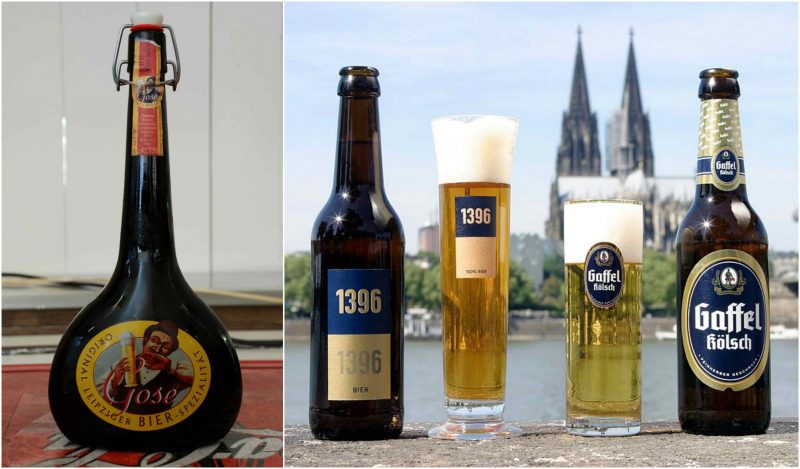The Reinheitsgebot is the oldest law in the world that is still in force. It regulates the production of beer in Germany.
Beer was a traditional drink from Bavaria and many people were brewing it.
There was a competition not only among beer brewers but also a price competition with bakers for wheat and rye.
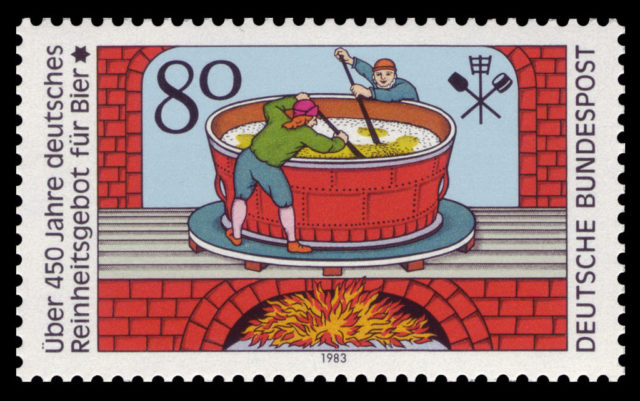
So the German beer Purity Law of 1516 limited the beer to barley, hops and water, excluding wheat and rye.
Also, due to religious conservatism, many plants that were used both for making beer and in pagan rituals were forbidden under the new law.
This included plants such as soot, stinging nettles, and henbane.

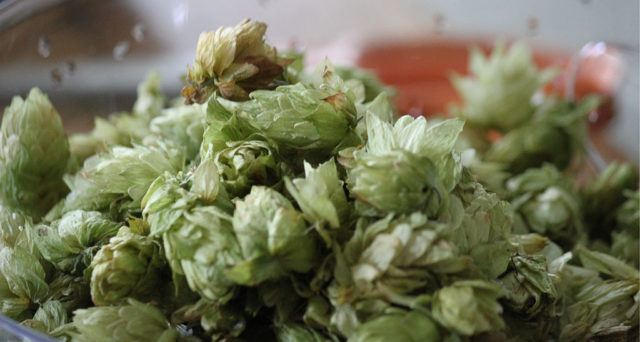
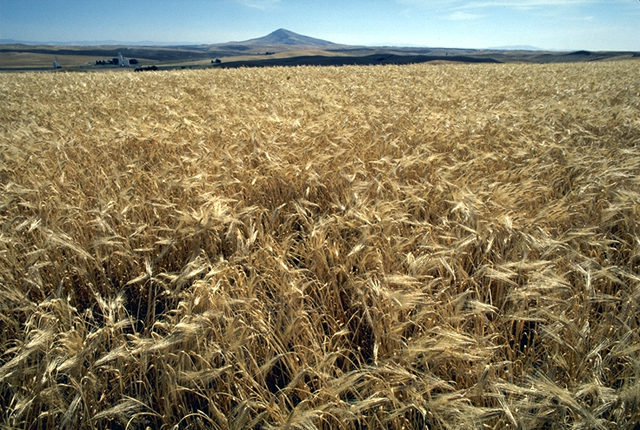
Even though it is quite often stated that the Bavarian law of 1516 is the first law that regulated food safety, that is incorrect.
First of all, the Bavarian law itself has its predecessor which was adopted in Munich in 1487 and the same one was applied as a state law after Bavaria was reunited. Secondly, even that one is not the oldest one; there are food safety regulations dating back to ancient Rome.
As people argue till today, the law also limited and destroyed the taste of beer. And yet, many people celebrate the Purity Law annually. However, there are “beer activists” around Germany, and abroad, who claim that the law was introduced exclusively as a taxation law.
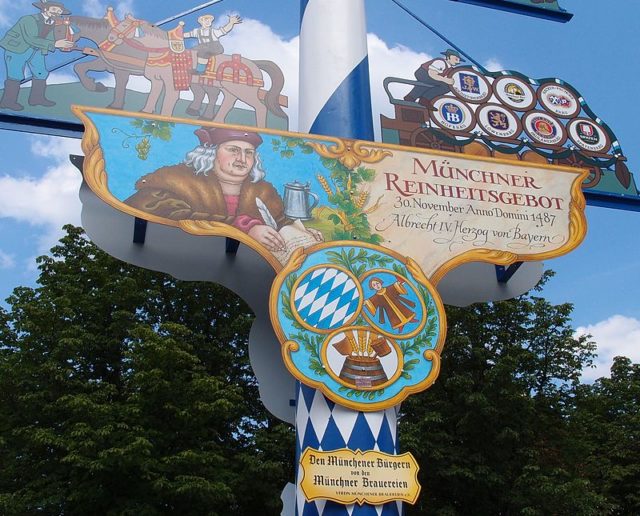
Many authentic beers went extinct and many beer traditions destroyed. Suddenly. the German beer market was dominated by the pilsener type while beers such as the North German spiced beer and cherry beer were consigned history.
Only a few local beer varieties, such as Kölner Kölsch, Gosler Gose, or Düsseldorfer Altbier, survived the implementation of the law.
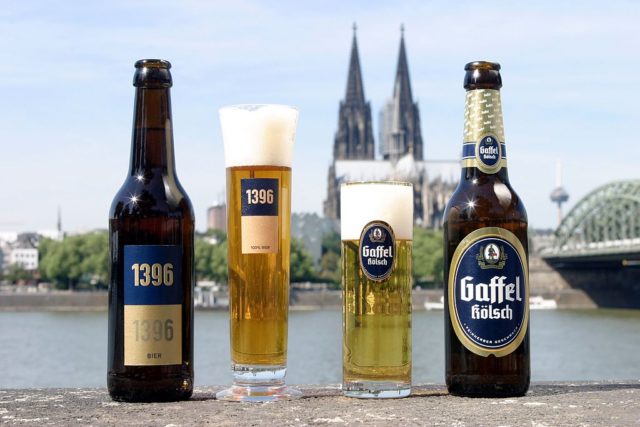


The law spread across Germany with the German unification in 1871. And since many brewers outside Bavaria were revolted and didn’t accept the law, there was a taxation on the ingredients that they used.
It took the law many years until it was finally accepted by the North German brewers in 1906.
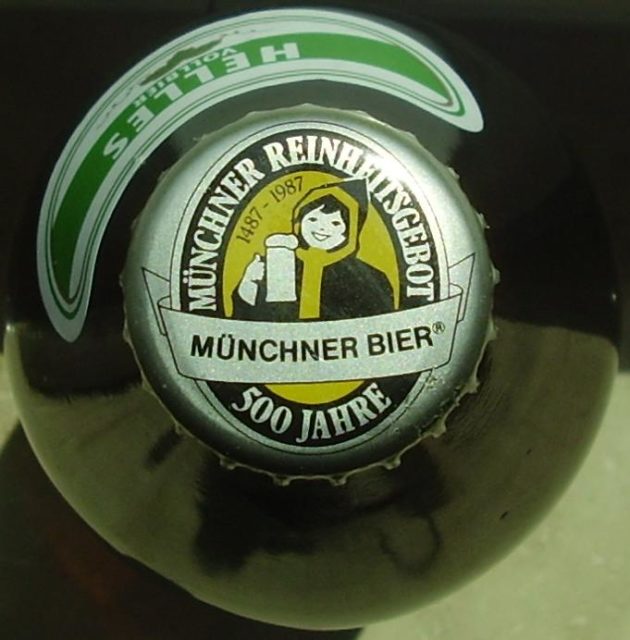
The basic law now declares that only malted grains, hops, water, and yeast are permitted. Unfortunately for beer lovers, the law has gotten more rigorous in recent time.
For example, the Neuzeller Kloster Brewery, a former monastery brewery in East Germany had been forbidden to sale its traditional black beer because it contained sugar. They needed to fight with the law until they were somehow approved a special permit to brew their beer again.
But, since 2005 the law permits any other ingredients than malted grains, hops, water and yeast as long as the drink is not labeled as beer.
